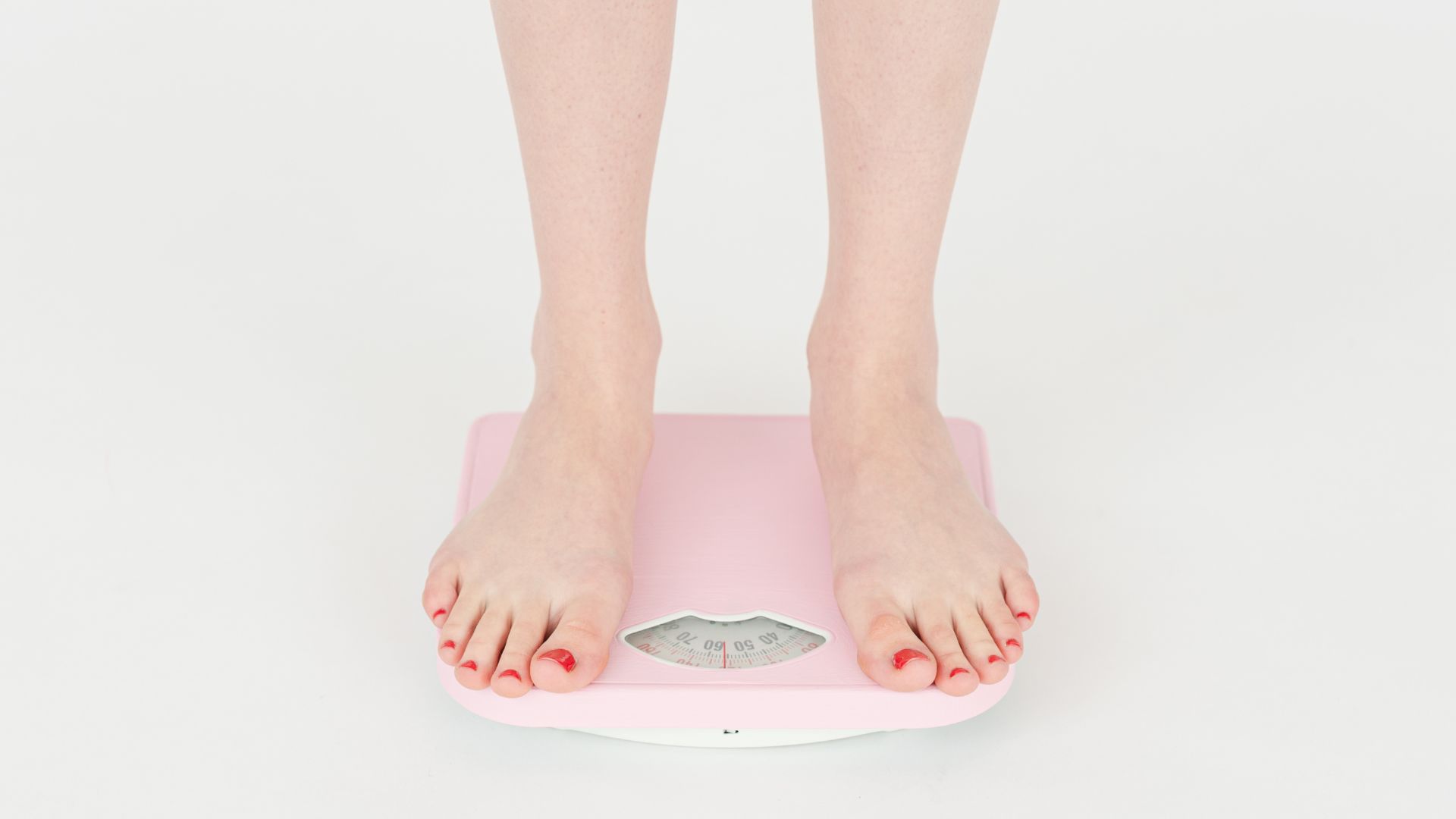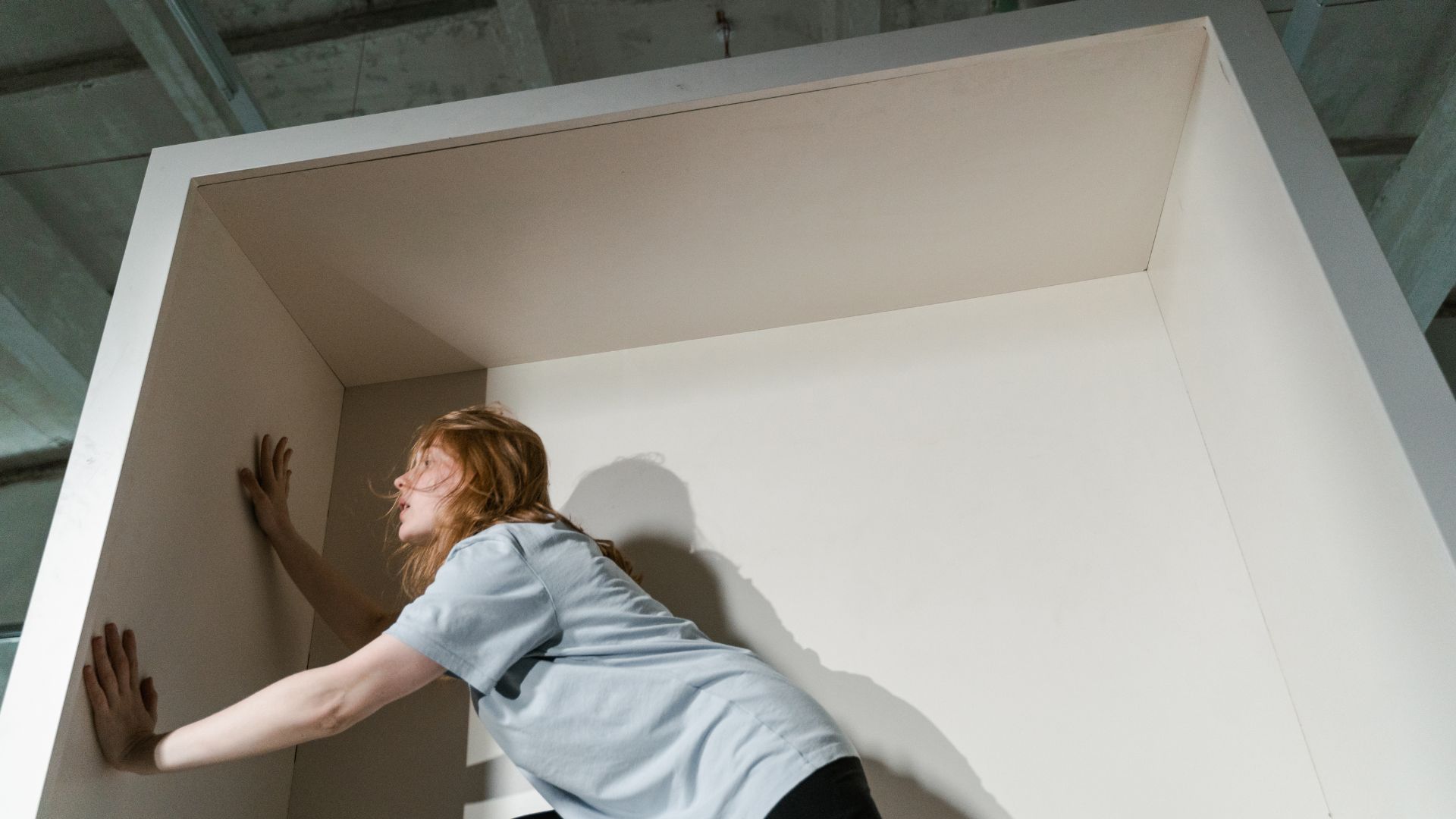Everyone experiences anxiety at some point. It can occur in stressful situations, such as before a public speaking engagement, after a car accident, waiting for medical test results, etc. Anxiety can also fixate on one or more very precise situations, the presence of which will cause intense symptoms. Anxiety doesn’t do us much harm, provided it doesn’t last long.
It is different when anxiety becomes chronic, prevents us from coping with daily tasks and disrupts life, when it forces a person to limit his or her activities. In this case, we may be talking about an anxiety disorder. Sometimes anxiety is highly concentrated for a very short period of time. Without warning, it erupts with tremendous force and causes symptoms that can mimic an acute attack of heart, lung or neurological disease. It is a panic disorder, also known as a panic attack or anxiety attack.
Whatever the form of anxiety, its manifestations are often similar. In addition to the psychological symptoms (anxiety, fear, nervousness, difficulty concentrating, irritability, absent-mindedness), there are physical symptoms that can be very disturbing: palpitations, muscle cramps, choking sensations, sweating, hot or cold flashes, insomnia, etc. These physical symptoms are not always obvious signs of anxiety, and patients fear they may have another illness.
There are several types of anxiety disorders :
– Panic Disorder
It is characterized by panic attacks that occur unpredictably, without any obvious reason. It can be accompanied by chest cramps, palpitations, sweating, shortness of breath, a sense of unreality of what is happening, trembling, dizziness, nausea, hot flashes or chills, a feeling of loss of control over the situation, fear of death. Most attacks usually last no more than 10 minutes, but sometimes they last longer. Usually people try to avoid situations that may provoke an attack.
– Obsessive-compulsive disorder
In some cases, anxiety does not cause these symptoms, but leads to the performance of a repetitive action for temporary relief. Such disorders are called obsessive-compulsive disorders. The adopted ritual is repeated more and more often and eventually interferes with the social and professional life of the patient, who lives with his or her anxiety in secrecy and shame.
– Agoraphobia
It is the fear of being in a situation from which one cannot easily escape or get help, especially in public places or crowded places. Many people with agoraphobia also suffer from panic disorder. Fear of having another panic attack usually causes them to avoid situations/places that they feel provoke panic attacks.
– Phobias
These are fears triggered by something specific (e.g., insects, altitude, flying on an airplane, etc.). They are accompanied by sweating, muscle tension and dizziness.
– Social anxiety disorder or social phobia is more than just shyness. It is an exaggerated sense of anxiety that occurs when a person fears being in an awkward situation or being ridiculed in society. People with social phobia tend to avoid social situations that they fear;
– Generalized anxiety disorder is defined by excessive and persistent anxiety for various reasons and no reasons (e.g., work, finances, children, or health). There is no specific reason or event for the fear, but the anxiety is there. Generalized anxiety can cause symptoms of muscle tension, shivering, shortness of breath, palpitations, dizziness, dry mouth, nausea, sleep disturbances, and decreased concentration.
Complications of anxiety disorders are mainly related to inadequate perception of various life situations. Depression very often accompanies anxiety disorders.
Anxiety disorders are the most common mental illness. They occur more often in women. There are no age patterns, both adults and children can be exposed to anxiety disorders.
Causes
Anxiety disorder, like other mental health problems, is caused by biological and psychological factors combined with other personality factors.
Some people are afraid of repeating negative experiences. Some perceive situations as more dangerous than they really are (e.g., fear of flying). Childhood experiences can also play a role in the development of anxiety.
Researchers have found that certain imbalances in brain chemistry can contribute to the development of anxiety disorders. The levels of neurotransmitters in the brain (serotonin, norepinephrine and gamma-aminobutyric acid (GABA)), are important in the onset of anxiety. Scientists have also noted that anxiety is accompanied by changes in the activity of certain areas of the brain. Many anxiety disorders occur in several family members and are likely to have a genetic cause.
Anxiety disorders are sometimes triggered by traumatic tragic events.
Sometimes anxiety symptoms are caused by certain medical conditions, such as anemia and thyroid disorders. Other factors, such as caffeine, alcohol, and certain medications, can exacerbate anxiety symptoms.
Treating Anxiety
Many people think they can overcome an anxiety disorder on their own, without treatment. However, such a strategy is rarely successful.
Fortunately, there are many effective treatments available.
Anxiety is treated with psychotherapy, medication and psychosocial measures.








